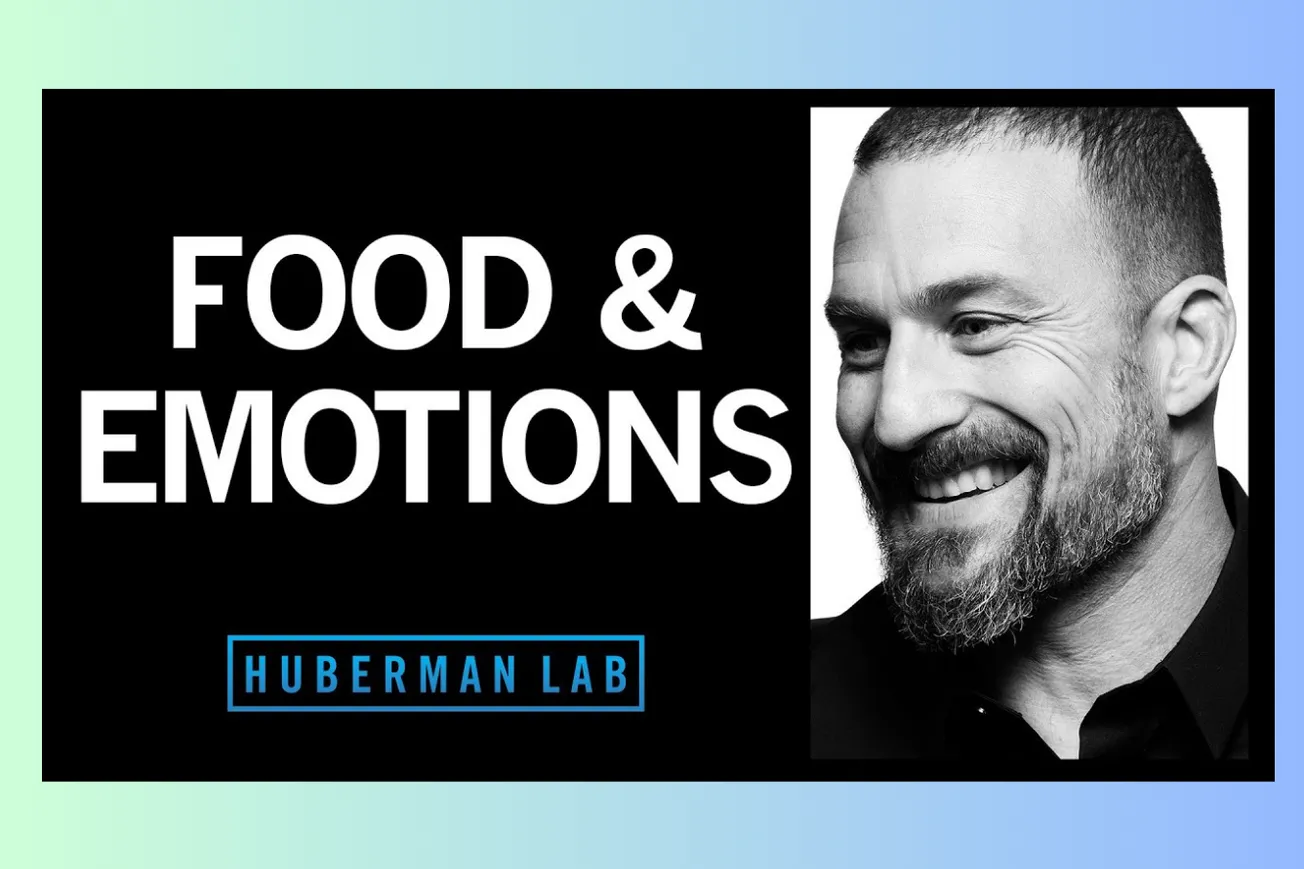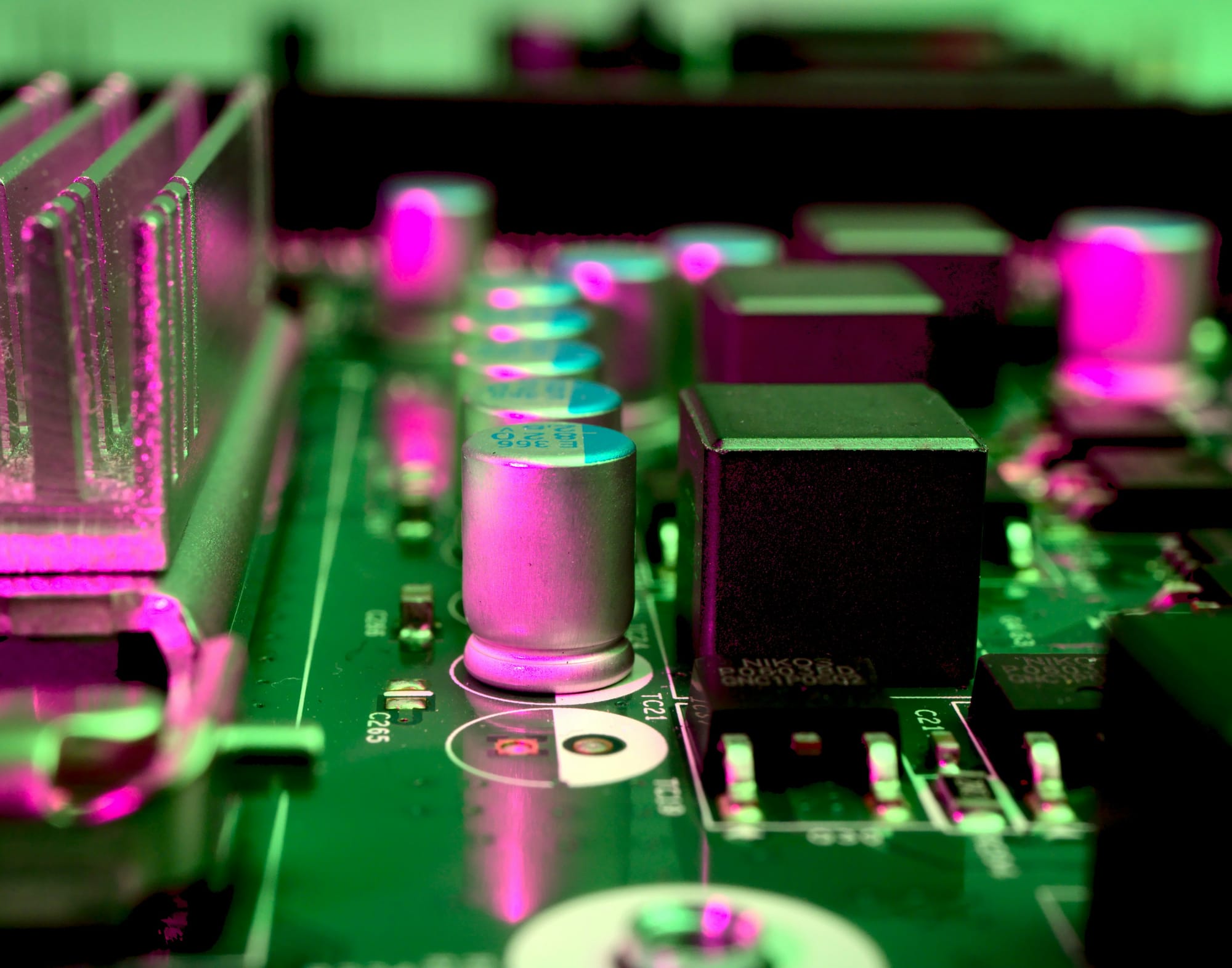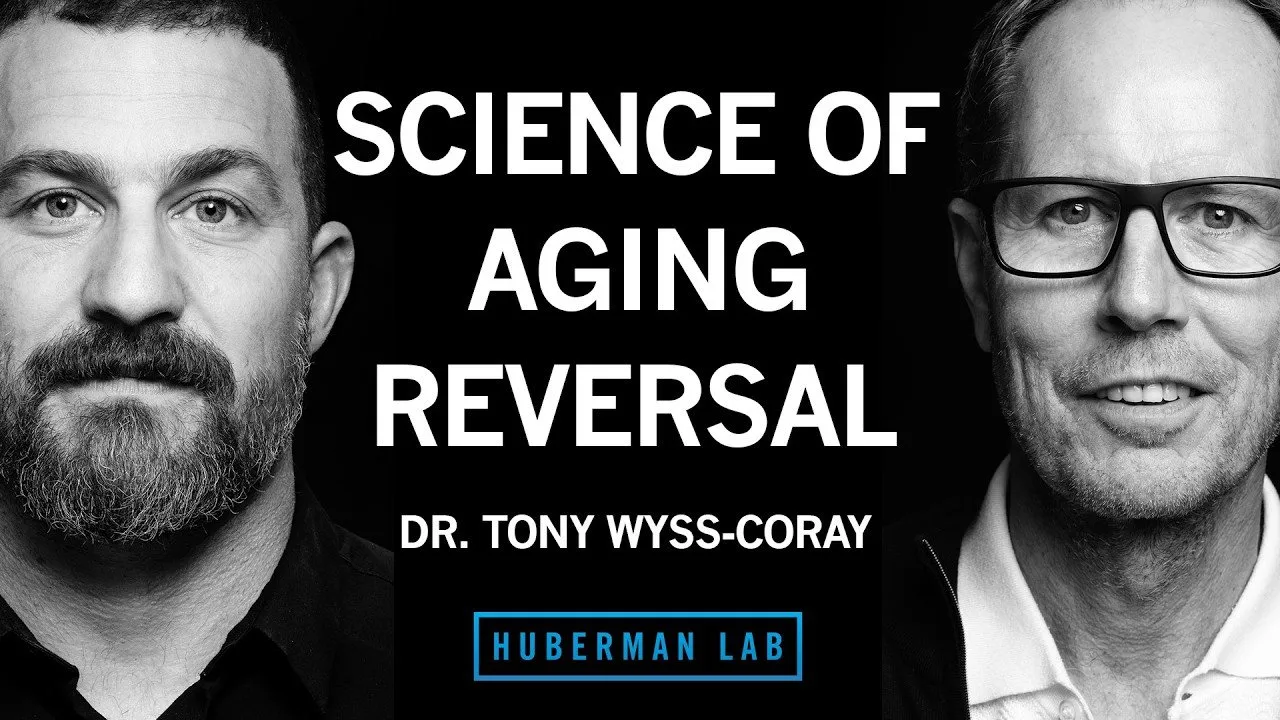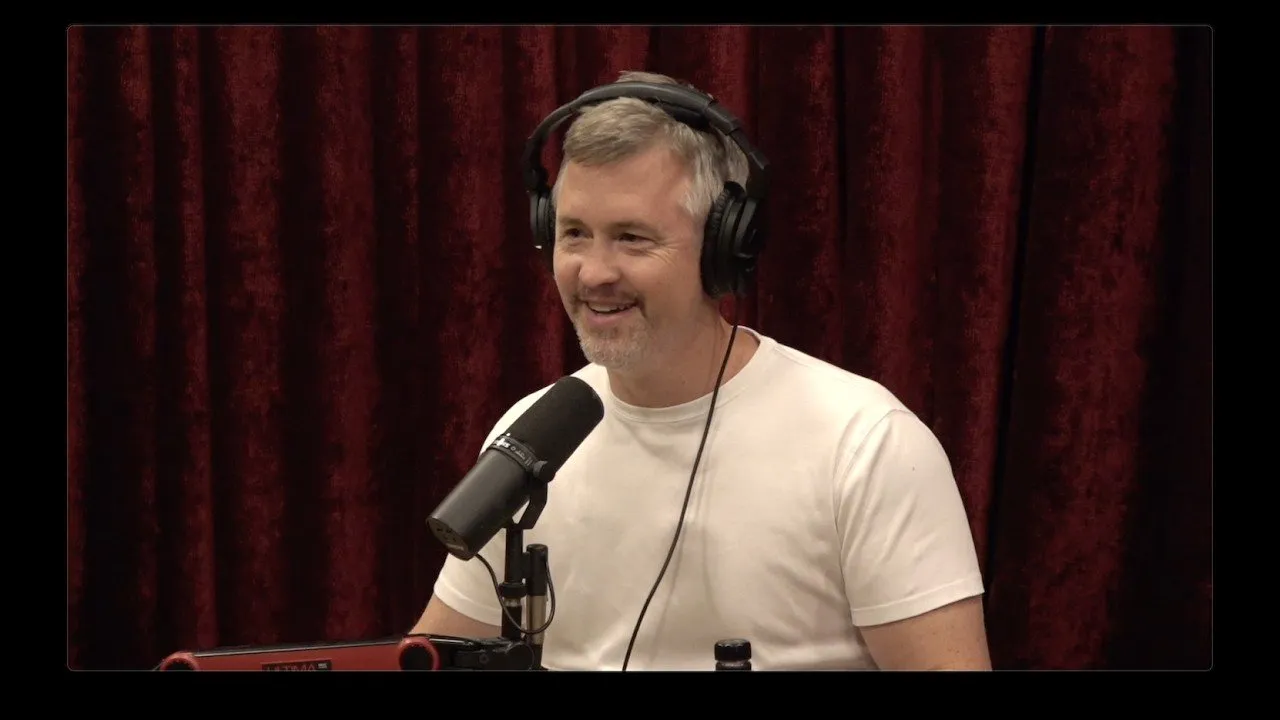Key Takeaways
- Vagus‑nerve signals let the gut inform the brain, so food volume and nutrient composition directly bias emotional state.
- Dietary amino acids L‑tyrosine and L‑tryptophan are rate‑limiting raw materials for dopamine and serotonin synthesis, respectively.
- A higher omega‑3 : omega‑6 ratio lowers “learned helplessness” and improves major‑depression scores in double‑blind human trials.
- Acetyl‑L‑carnitine penetrates the blood–brain barrier and significantly reduces depressive symptoms in a 133‑participant randomized study.
- Probiotic and prebiotic foods modulate the gut microbiome, influencing neurotransmitter output—yet overdosing on supplements can backfire.
- Rapid sugar spikes overstimulate dopamine pathways, driving compulsive reward‑seeking and destabilizing mood long term.
- Front‑loading protein and saving starchy carbohydrates for evening smartly leverages daytime alertness and pre‑sleep calm.
- Occasional 5‑HTP or serotonin supplements may aid relaxation but can disrupt late‑night sleep architecture if mis‑timed.
Please sign-in to continue reading this post for free!










